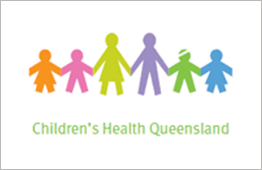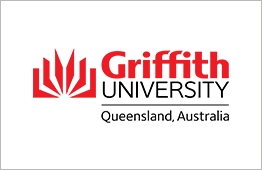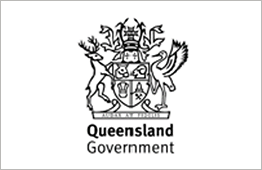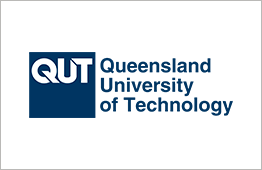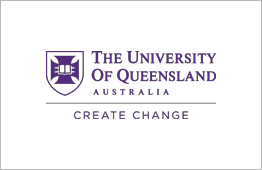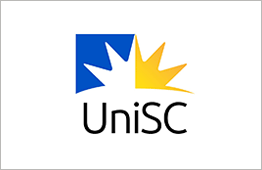Health Services, Quality and Safety |
Photo Credit: National Cancer Institute
|
From the moment it was inserted she never stop playing with it, when they weren't administering medication or fluid she was playing with it, trying to find a comfortable, non-painful position. "She" was my sister. "It" was a peripheral intravenous catheter. Eventually, after a series of painful infusions the catheter failed. But there was a lot of trial and error, a lot of testing, guessing. At AVATAR we are working to ensure every patient's vascular access experience is safe, with quality care provided across the spectrum, from insertion through to removal. The stakes are high, and in vascular access, decisions of huge importance are often made by the hour. Working in collaboration with health services, government organisations, professional societies and clinicians we seek to decrease vascular access acquired harm and improve the quality and safety of vascular access care internationally. Our researchers are working with national health and safety bodies to develop accreditation standards, quality indicators, and clinical quality registries to measure and benchmark vascular access performance and outcomes. Whether it is a large Delphi study or local clinical audit our team of clinical experts can provide guidance on methods, processes and measures to support quality measurement in your institution.
Health Services, Quality and Safety Contact: Jess Schults RN PhD Her current research focuses on the development of pathways to support children with difficult intravenous access and health quality measurement using integrated digital platforms. If you have any questions regarding AVATAR's Health Services and Quality and Safety work you can contact Jess at j.schults@uq.edu.au.
| |



